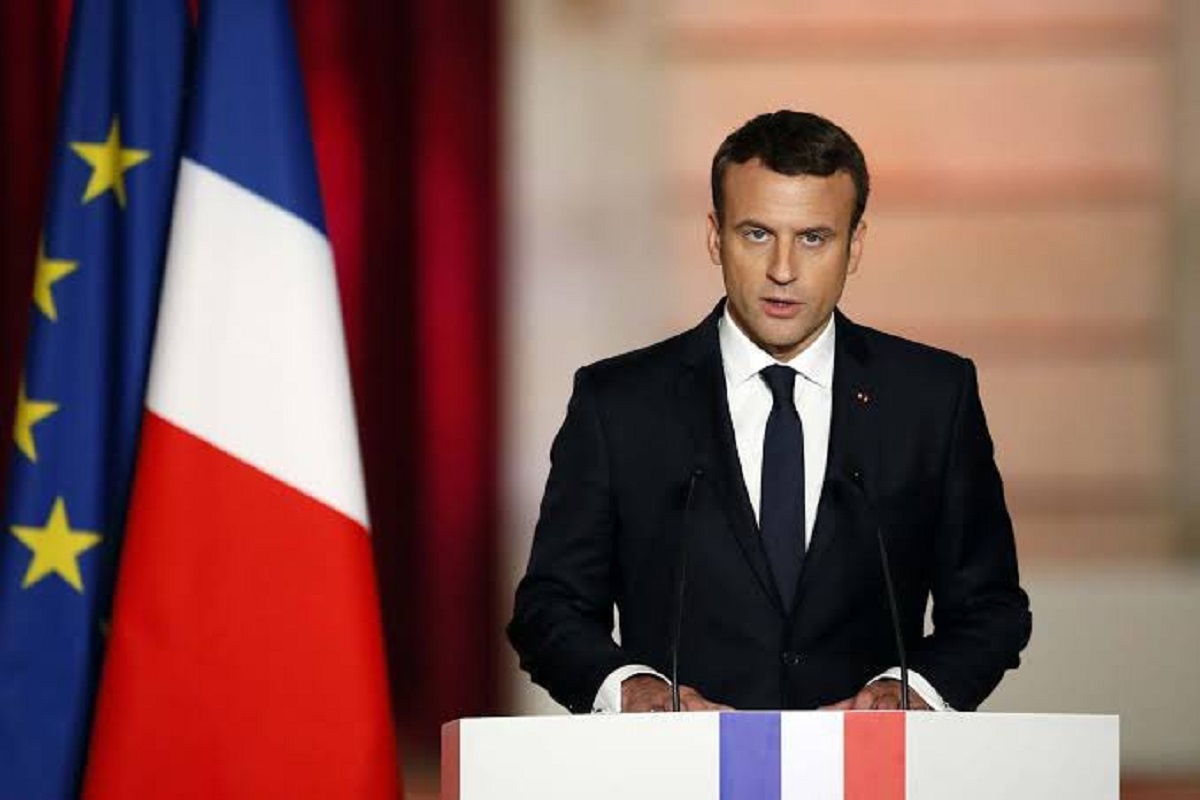Results of elections to the European Parliament signal a profound shift to the right, which could reshape the continent’s political and policy landscape. The results delivered significant defeats to established leaders such as French President Emmanuel Macron and German Chancellor Olaf Scholz, reflecting a broader wave of voter discontent across the European Union. In France, Ms Marine Le Pen’s National Rally secured a decisive victory, capturing over 30 per cent of the vote. This substantial win prompted Mr Macron to dissolve the national Parliament and call for new elections, a bold yet risky response to his party’s poor showing.
Ms Le Pen’s triumph indicates a strong desire among French voters for change, particularly regarding immigration policies and national sovereignty. Mr Macron’s pro-European and centrist stance appears increasingly out of touch with a substantial segment of the electorate, who are seeking more nationalist and protective measures. Germany, too, has witnessed a significant political shift. The far-right Alternative for Germany (AfD) surged to second place, overtaking Mr Scholz’s Social Democrats, who suffered a historic low. This rise is particularly concerning given Germany’s role as a stabilising force within the EU. The AfD’s gains, despite scandals, reflect a growing voter preference for more nationalist and anti-immigrant policies.
Advertisement
This shift could complicate efforts to maintain a unified EU stance on critical issues such as migration and climate policy. The far-right’s rise extends beyond France and Germany. Countries like Italy, Hungary, and Poland already see far-right or populist parties in power or within ruling coalitions. This trend points to a broader movement toward nationalism, as well as scepticism about the EU’s liberal democratic framework. One immediate consequence of this rightward shift is the increased difficulty in passing EU-wide legislation on contentious issues like climate change, migration, and financial regulation.
The European Parliament, now more polarised, will face significant hurdles in achieving consensus. The centre-right Christian Democrats, despite being the largest group, must navigate this fragmented landscape to build effective coalitions. This could result in legislative gridlock, hampering the EU’s ability to act decisively. The decline of the Greens and other progressive parties poses a particular threat to the EU’s climate agenda. Europe has been a global leader in climate action, but the Greens’ loss of seats could weaken this leadership.
As the urgency of the climate crisis grows, the potential for diluted climate policies is troubling. This electoral shift also highlights a broader crisis of confidence in the EU. Over the past five years, the bloc has grappled with the Covid-19 pandemic, economic challenges, and geopolitical tensions. These issues have eroded trust in traditional parties and institutions, paving the way for populist and nationalist alternatives. It is essential for pro-European forces to address the underlying issues driving this shift and reconnect with an electorate that is increasingly sceptical of the existing order.









